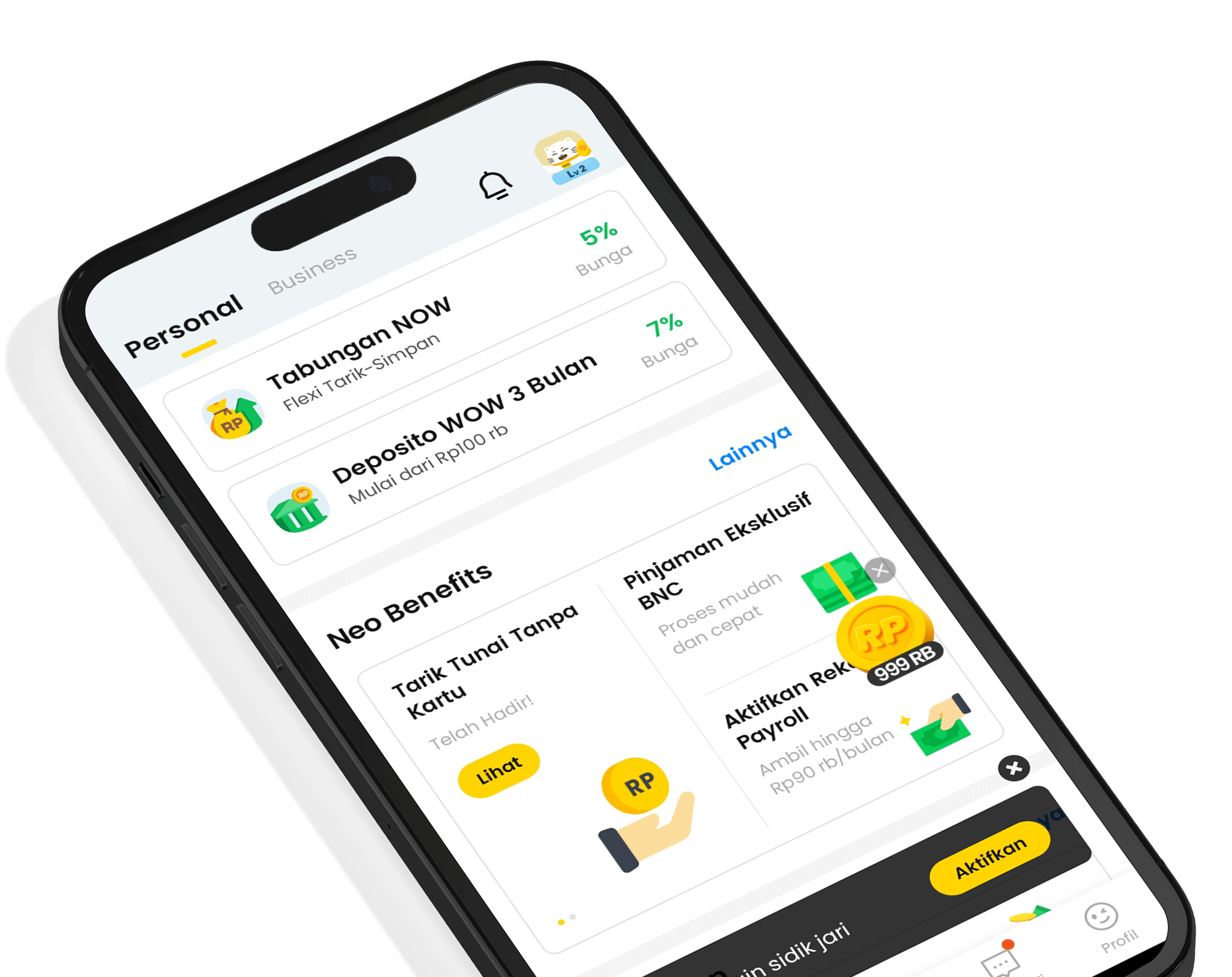
April 22, 2024 by Muhammad Riski
After Eid, Money Doesn't Have to Run Out!
Eid has passed, leaving memories filled with blessings and togetherness. However, for many, this occasion also leaves a mark on their finances, typically characterized by increased spending. It's not uncommon for wallets to thin and financial stability to waver.
The festive atmosphere is indeed delightful, often leading us not to fret over expenditures too much. As long as there is still money in the wallet and bank account, there seems to be no problem. This can be described as an impulsive moment that commonly strikes everyone during long holidays. The reasoning is simple: to entertain oneself and those around us. We often forget that after these leisurely days, we will return to our normal routines, which also require considerable regular expenses.
However, don't worry! Here are some tips for managing your finances after Eid to avoid financial crisis and maintain blessings:
Evaluate Eid Expenditures
Take the time to record all expenditures during Eid, from shopping for food and clothes to the 'THR' holiday bonus, homecoming costs, and tourism expenses. Categorize expenditures into primary, secondary, and tertiary needs. Conduct an in-depth analysis of excessive spending areas and identify their causes. Was it due to new traditions that emerged during Eid or other factors such as inflation of goods and services? By understanding spending patterns, you can take corrective steps to avoid excessive expenditures in the future.
Prioritize Primary Needs
After evaluation, reorganize your spending priorities. Ensure that primary needs like food, bills, and loan installments are met first. Avoid delaying bill or installment payments to prevent accruing interest or penalties. Postpone secondary and tertiary expenditures that are not urgent, such as buying new gadgets or luxury vacations. Remember, the main priority is to stabilize your financial condition after Eid.
Pay Off Eid Debts
An essential step in post-Eid financial management is to settle any debts incurred during the period. Eid debts, whether in the form of cash loans or credit cards, can become a significant financial burden if not promptly settled. Create a realistic and consistent debt repayment plan according to your financial capability. Prioritize high-interest debts first to minimize interest burdens. Avoid taking on new debts to cover old ones, as this can worsen your financial situation.
Return to Regular Budgeting
After Eid, return to the monthly financial budget you had set before the holiday period. Adjust the budget if necessary, based on the Eid expenditure evaluation. Ensure that your expenditures do not exceed your income. Use financial tracking apps to help monitor expenses and income more easily and accurately.
The habit of regularly recording expenses or financial conditions has a very positive impact. It trains our subconscious to always be aware of spending and might even help us see new opportunities to increase income. Such income could also come from savings we have, for instance, if we keep money in a high-interest deposit.
Set Aside Emergency Funds
One crucial step in building stable finances is to have an emergency fund. This fund can be used for unexpected situations, such as job loss, illness, or home repairs. Ideally, an emergency fund should be equivalent to 3-6 months of your monthly expenses. Set aside a portion of your income each month to build this fund. Keep the emergency fund in a safe and easily accessible place.
Start Saving Again
Even though Eid might have depleted your savings, start saving again as soon as possible. Regular saving, even in small amounts, can help you reach your future financial goals. Use financial tracking apps to help you monitor savings and manage finances more disciplinedly. Remember, saving is key to achieving financial stability and realizing your dreams.
If you're interested in saving in the form of a deposit, you might try the WOW Deposit from Bank Neo Commerce. With competitive interest returns, you can also choose a deposit with a very flexible period, which can even be as short as 7 days. Interesting, right?
Avoid Impulse Shopping
One major factor that can deplete your finances is impulse shopping. Avoid the urge to buy unnecessary items, especially during Eid when many tempting promotions and discounts are offered. Make a shopping list before going shopping and stick to it. Wait a while before buying a desired item to ensure it's truly needed. Consider cheaper or cost-saving alternatives before deciding to make a purchase.
Patience is a proven strategy applicable in many aspects of our lives. If you have a dream to own something, then place patience in your financial strategy. Not all desires need to be fulfilled quickly. Always wise to distinguish what is essential and what is merely complementary. If all basic needs are met, rest assured that everything will be okay.
Seek Additional Income
If possible, look for additional income to strengthen your finances. Use your free time to do part-time or freelance work. Sell unused items to earn extra money. There are many opportunities to earn additional income in this digital era, such as becoming a social media influencer, online writer, or translator.


